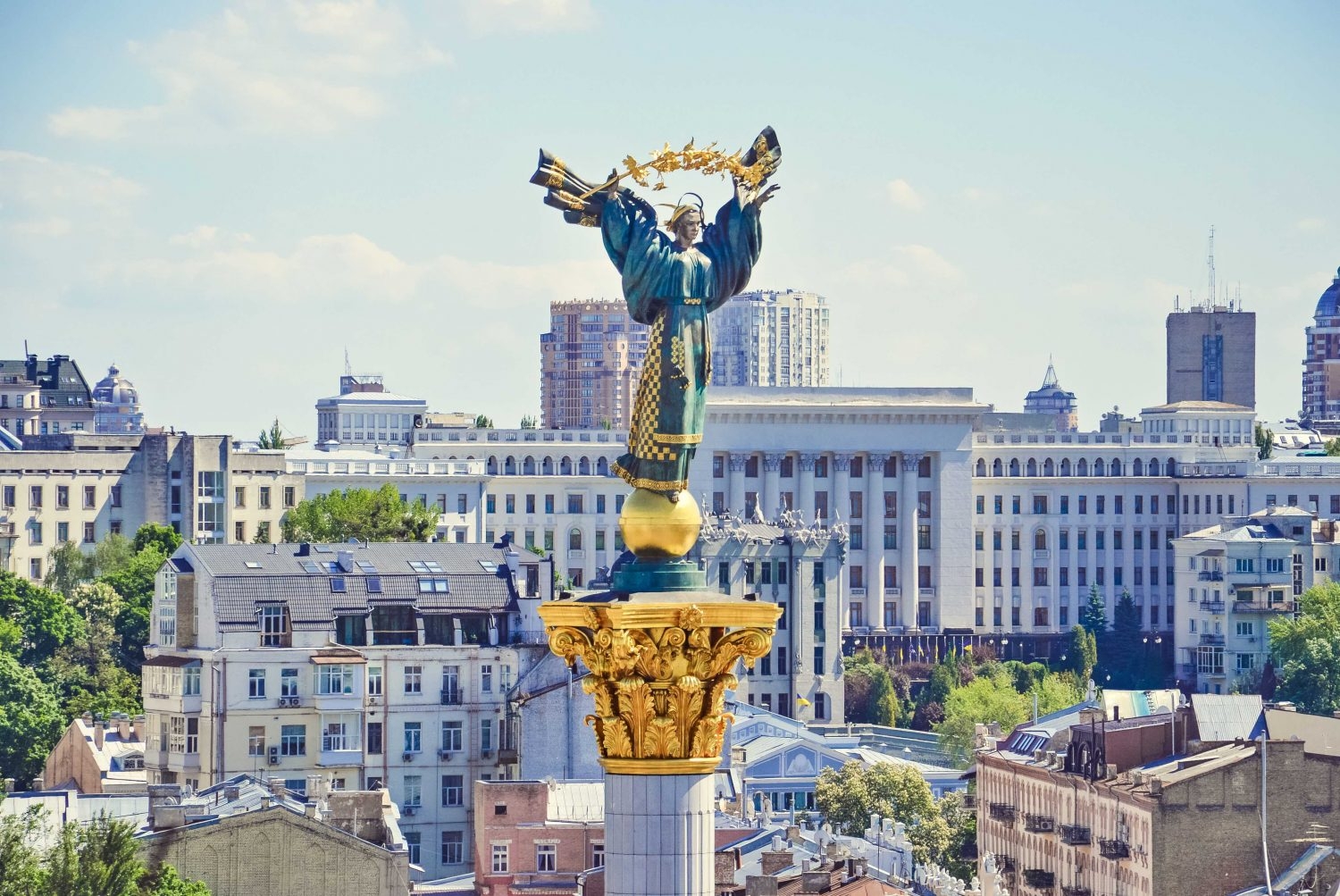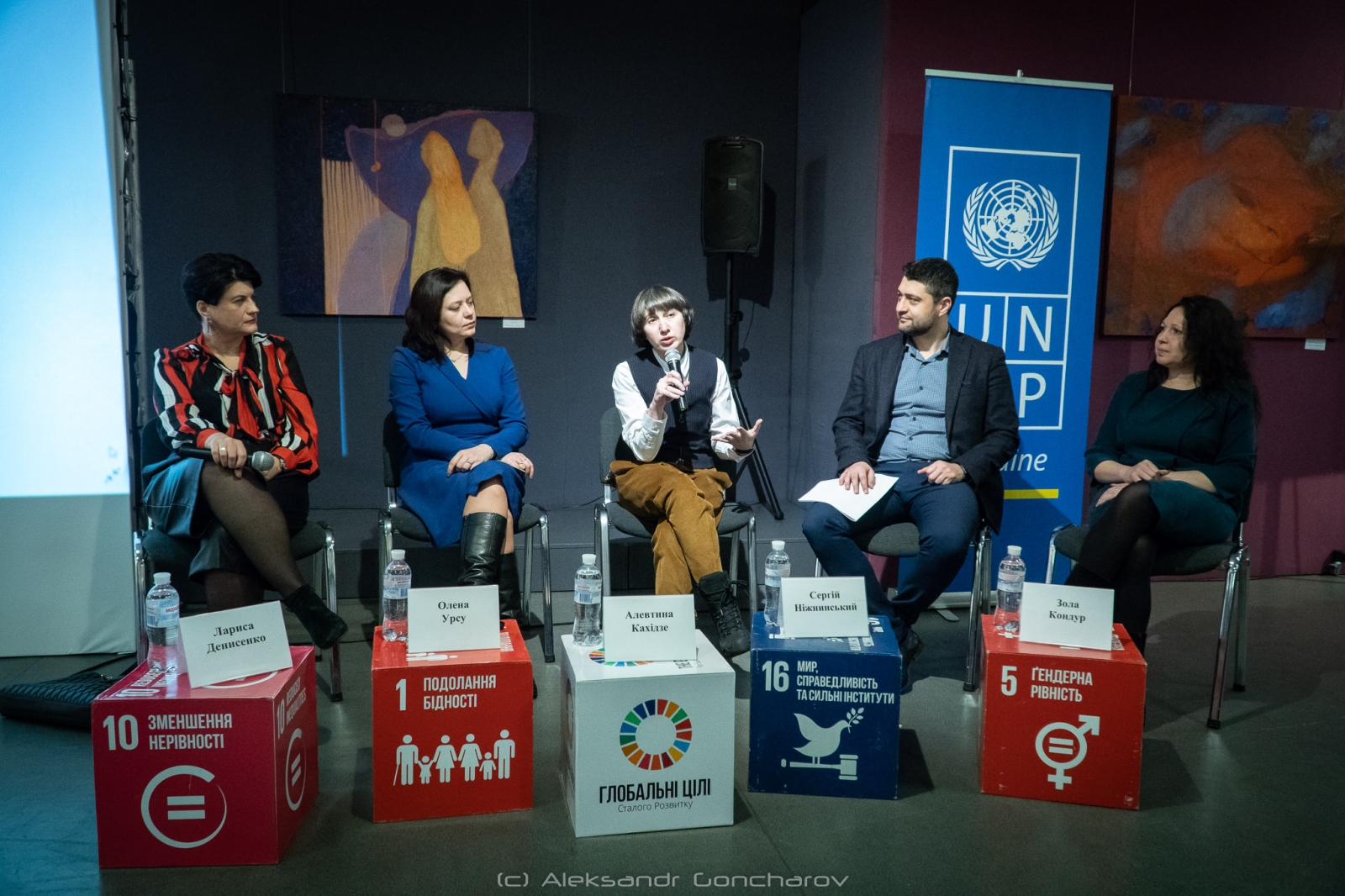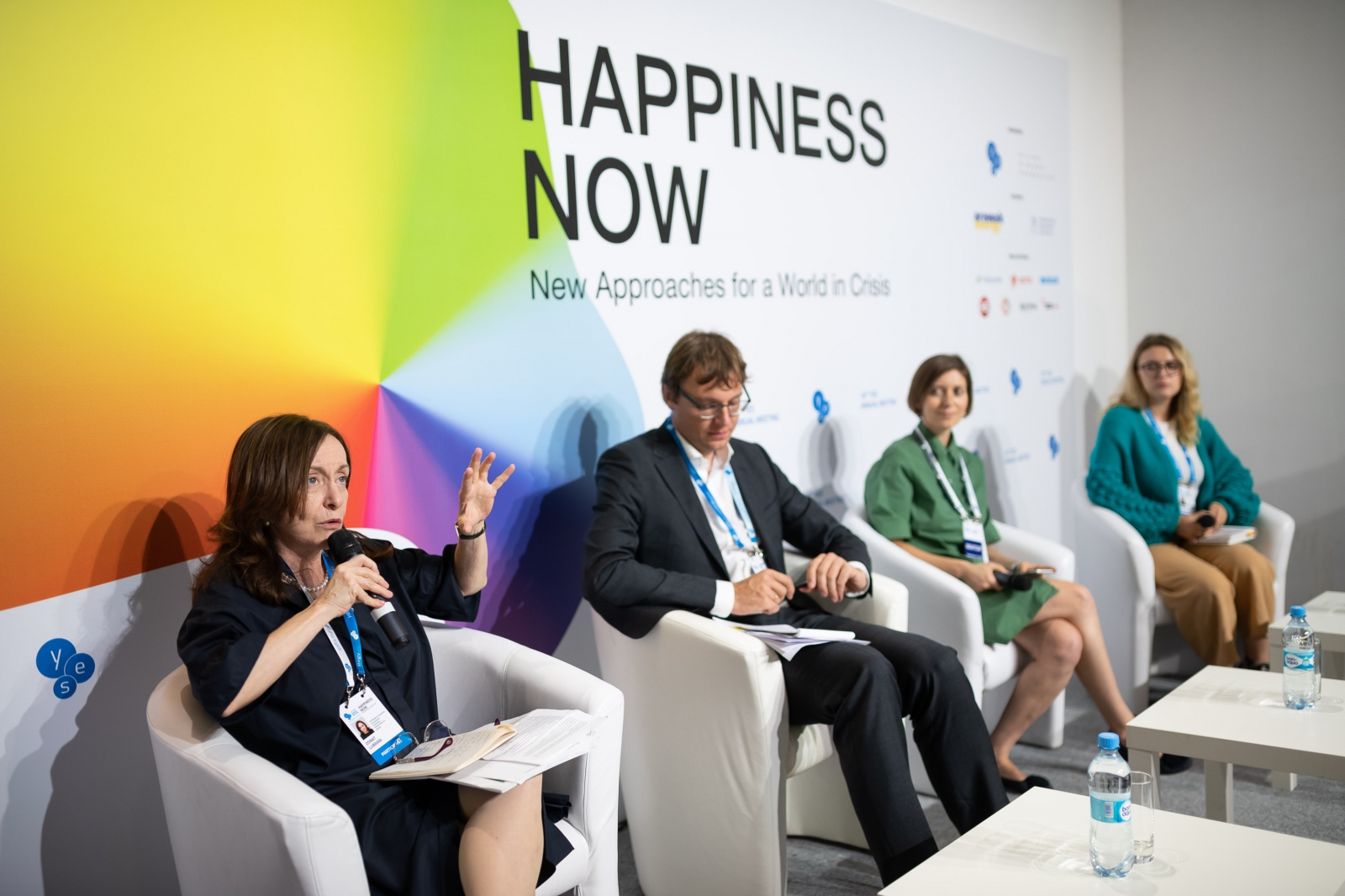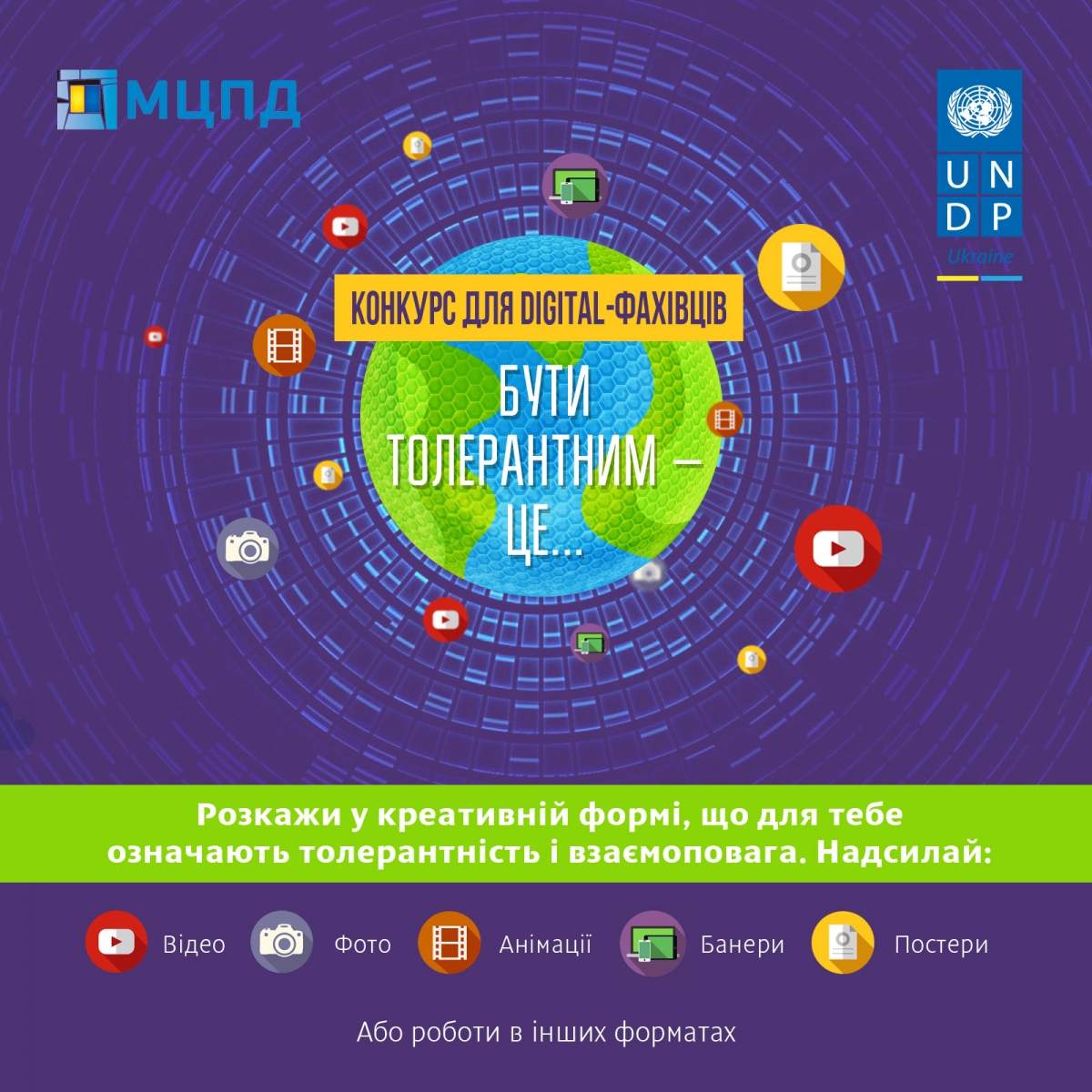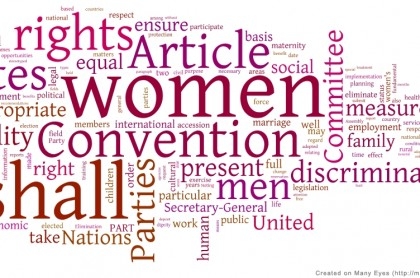Events and news
Creative works contest for journalists, bloggers, designers and digital content specialists
International Centre for Policy Studies announces a Creative Works Contest for journalists, bloggers, designers and digital content specialists “Tolerance” conducted within the framework of the UNDP’s communication campaign “Reinvent Respect”. This project aims to decrease polarization of the public mood and promote dialogues among different social groups. We invite you to highlight an issue of tolerance in Ukrainian society using the media content. To participate in the Contest you can provide any videos, photos, animations, posters, banners and any other creative works that you consider helpful in visualizing the term of tolerance and mutual respect. The relevant materials should be sent via e-mail [email protected] up to 20th February. According to the results of the project winners of the Contest will receive a ₴ 10000 reward, as well as awards from the International Centre for Policy Studies and the United Nations Development Programme in Ukraine. The UNDP Ambassadors for Tolerance will also give their special awards to the best works. The winners’ works will be used in projects of the UNDP and ICPS subject to winners’ consent. Awarding ceremony will take place within the framework of the final event of the project “In pursuit of respect” with the participation of the Ambassadors for Tolerance among whom are writer Lubko Deresh, Honored Artist of Ukraine Natalia Sumska, singer Katya Chilly, journalist Andriy Kulikov, writer Larysa Denysenko, artist Alevtina Kahidze, philosopher Myhailo Minakov, human rights advocate Evhen Zaharov, historian Gulnara Abdulaeva, TV presenter Slava Varda, writer Mariana Savka, musician and ecoactivist Pavlo Vyshebaba. ...
Ukraine presented the report at UN Committee on the Elimination of Discrimination against Women
February 14, 2017 at the UN headquarters in Geneva Ukraine presented its eighth periodic report for 66-th session Committee on the Elimination of Discrimination against Women (Committee CEDAW). According to the procedure of the reports presentation, public organizations of Ukraine prepared and submitted independent reports and participated in discussions with the Committee members. Mariia Veselovska, ICPS expert on gender issues, said that according to the report of the Committee the appropriate recommendations to the Ukrainian government were provided. In the report was presented the main problems of men and women equality in Ukraine as follows: • Women in Ukraine are 24% paid less than men. This indicator has not changed since 2009. • Gender-based violence is very widespread in Ukraine. 22% of women and girls aged 15-49 have suffered from physical or sexual violence at least once in their lifetime. •The percentage of women in power is quite low. The part of women working in the Parliament is 11% and in government - 12%. Overall, 16% of civil servants in Ukraine are women. Accordingly, the Committee members were interested in state level mechanisms existence addressing these problems in Ukraine, what obstacles should be removed to ensure equality between men and women, especially in politics and decision-making positions, as well as the problems of vulnerable groups of women as older women, women with disabilities, women from rural territories. NGOs highlighted in the reports a number of challenges faced by women in Ukraine: Reduction of social spending and jobs adversely affect the economic situation of women. A) Women and families are the primary beneficiaries of state social spending. B) That is women who are widely involved in areas affected by jobs reduction (education, medicine, social services). The report indicates problems for women in rural areas, in particular: "More than two-thirds of women from rural territories of active working age are working or self-employed unofficially. Thus, they are not protected by labor laws, have no social insurance and therefore can not receive pension». Separately highlights the problem of social payments for IDPs, most of them - 62% - are women, and a lack of sources of income for women who are in areas close to the line of conflict....
Beyond the protocol: women participation in international politics
International politics, diplomacy, issues of peace and security are traditionally considered as areas of male dominance and even explained by masculine terms. At the same time studies show that due to taking into account the views and experiences of women in conflict resolution, their involvement “beyond the protocol”, it is often adopting a less militarized and more stable and peaceful solutions. The event “Beyond the protocol: women participation in international politics in Ukraine and Germany” was held within the framework of the ICPS project, which is implemented in cooperation with the German think tank “Polis 180”. On this occasion it is also presented a photo exhibition which is created during the project implementation and meetings in Kyiv and Berlin – 15 portraits of female experts of Ukraine and Germany and their statements about women and international politics. People’s Deputy of Ukraine, Chairman of the Committee of the VRU on foreign affairs Hanna Hopko in her speech stressed the role of women in international politics and diplomacy, expressing gratitude to all the women who work on the diplomatic front, making every effort to defend national interests. “It is necessary to recognize that gender issues – it’s not just a matter of women and we have to involve as many men as we can. If similar event would be held in Sweden, there would be significantly more men”, - Ambassador of Sweden in Ukraine Martin Hagström said. In her turn, Ambassador of Portugal in Ukraine Ms. Maria Kristina Serpa di Almeida stated that for a long time area of politics and diplomacy in general were closed to women, but through overcoming of gender stereotypes, will and great desire of women they were able to take their rightful place and leave its mark in history. ...

